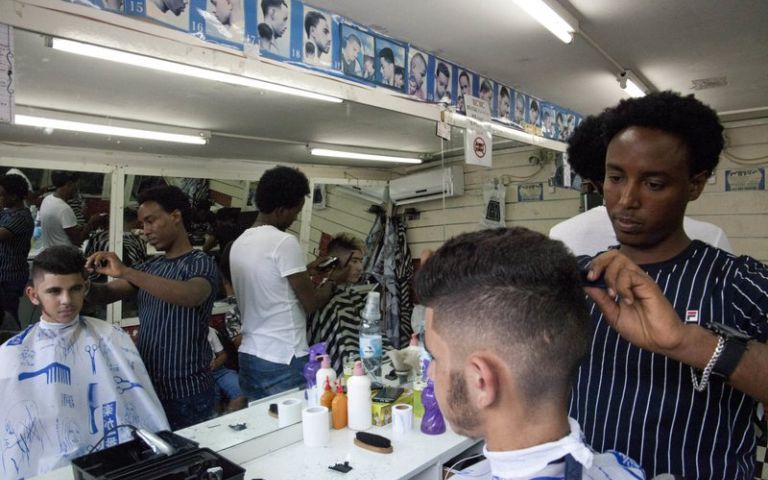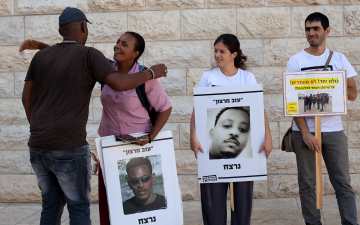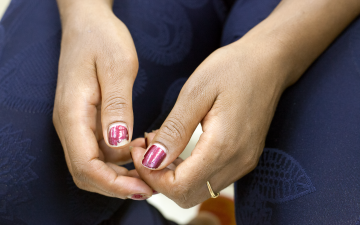Ninety-two percent of asylum seekers in Israel come from Eritrea and Sudan; however, Israel accepts less than 1 percent of asylum applicants. Out of nearly 14,000 asylum requests submitted by July 2017, only 10 were accepted. Yet, Israel is prohibited from deporting asylum seekers who face life-threatening danger in their home countries.
In January 2018, the Israeli government announced a policy encouraging asylum seekers to “self deport,” by offering them $3,500 and a flight to Rwanda or Uganda. This plan was highly contested, leading the Israeli government to negotiate a new plan with the UN for this large population of asylum seekers (at nearly 40,000). Activists were concerned that Rwanda and Uganda would not be successful relocation countries for asylum seekers. However, the government canceled the UN deal one day later following an outcry from conservative groups.
Haaretz recently reported that the number of Eritrean women working as sex workers in Israel has increased in the last year, from around 200 to about 360. Many women are forced into this line of work in part because of a law requiring Eritrean workers to deposit 20 percent of their salaries, plus an additional 16 percent from employers, into a fund that is only repaid when these asylum seekers leave Israel.
This project takes an in-depth look at how the “deposit law” and other anti-immigrant policies are forcing Eritrean and Sudanese asylum seekers to resort to desperate measures—such as prostitution—in order to remain in Israel.







